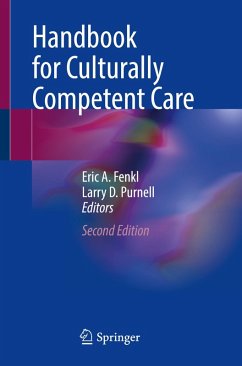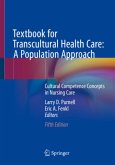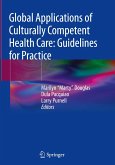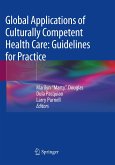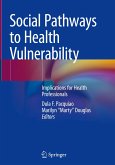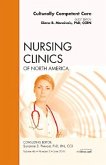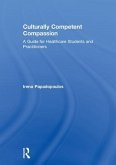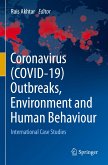The second edition of this incisive book, based on the Purnell Model for Cultural Competence, addresses the potentially challenging topic of culture in a forthright style. It is a valuable resource in today's team-based healthcare environment, preparing health professionals, regardless of setting, to conduct in-depth assessments of individuals and families from culturally specific population groups. This book will appeal to all healthcare workers in all fields, and it is particularly suitable for nurses interacting with patients in very diverse settings.
This book delves into 32 different cultures and areas of support common to all individuals and families that health professionals must recognize and consider. African American, American Indian, Brazilian, Cuban, Chinese, Korean and Filipino, but also Arab, Hindu or Haitian, as well as many European heritages are examined among others. Brand new chapters explore Greek, Italian, Jamaican, Thai, and Ukrainian heritages.
For each culture, chapters detail communication styles, family roles, workforce issues, biocultural ecology and high-risk health behaviours. Also discussed are nutrition, pregnancy and child bearing, death rituals, spirituality, healthcare practices, and the perceptions of traditional, magico-religious, and bio-medical healthcare providers.
Culture's characteristics - such as age, generation, gender, religion, educational/marital/parental/socioeconomic or even military status, but also political beliefs, physical characteristics, sexual orientation or gender issues - determining the diversity of values, beliefs, and practices in an individual's cultural heritage in order to help prevent stereotyping are discussed.
At the end of each chapter, readers are provided with specific instructions, guidelines, tips, intervention strategies, and approaches specific to a particular cultural population. Additionally, reflective exercises help the reader reinforce the concepts presented in each chapter.
For this second edition, most of the chapters are authored by individuals who either identify with the culture being addressed in the chapter or have personal knowledge of the culture via life experiences.
Hinweis: Dieser Artikel kann nur an eine deutsche Lieferadresse ausgeliefert werden.
This book delves into 32 different cultures and areas of support common to all individuals and families that health professionals must recognize and consider. African American, American Indian, Brazilian, Cuban, Chinese, Korean and Filipino, but also Arab, Hindu or Haitian, as well as many European heritages are examined among others. Brand new chapters explore Greek, Italian, Jamaican, Thai, and Ukrainian heritages.
For each culture, chapters detail communication styles, family roles, workforce issues, biocultural ecology and high-risk health behaviours. Also discussed are nutrition, pregnancy and child bearing, death rituals, spirituality, healthcare practices, and the perceptions of traditional, magico-religious, and bio-medical healthcare providers.
Culture's characteristics - such as age, generation, gender, religion, educational/marital/parental/socioeconomic or even military status, but also political beliefs, physical characteristics, sexual orientation or gender issues - determining the diversity of values, beliefs, and practices in an individual's cultural heritage in order to help prevent stereotyping are discussed.
At the end of each chapter, readers are provided with specific instructions, guidelines, tips, intervention strategies, and approaches specific to a particular cultural population. Additionally, reflective exercises help the reader reinforce the concepts presented in each chapter.
For this second edition, most of the chapters are authored by individuals who either identify with the culture being addressed in the chapter or have personal knowledge of the culture via life experiences.
Hinweis: Dieser Artikel kann nur an eine deutsche Lieferadresse ausgeliefert werden.

